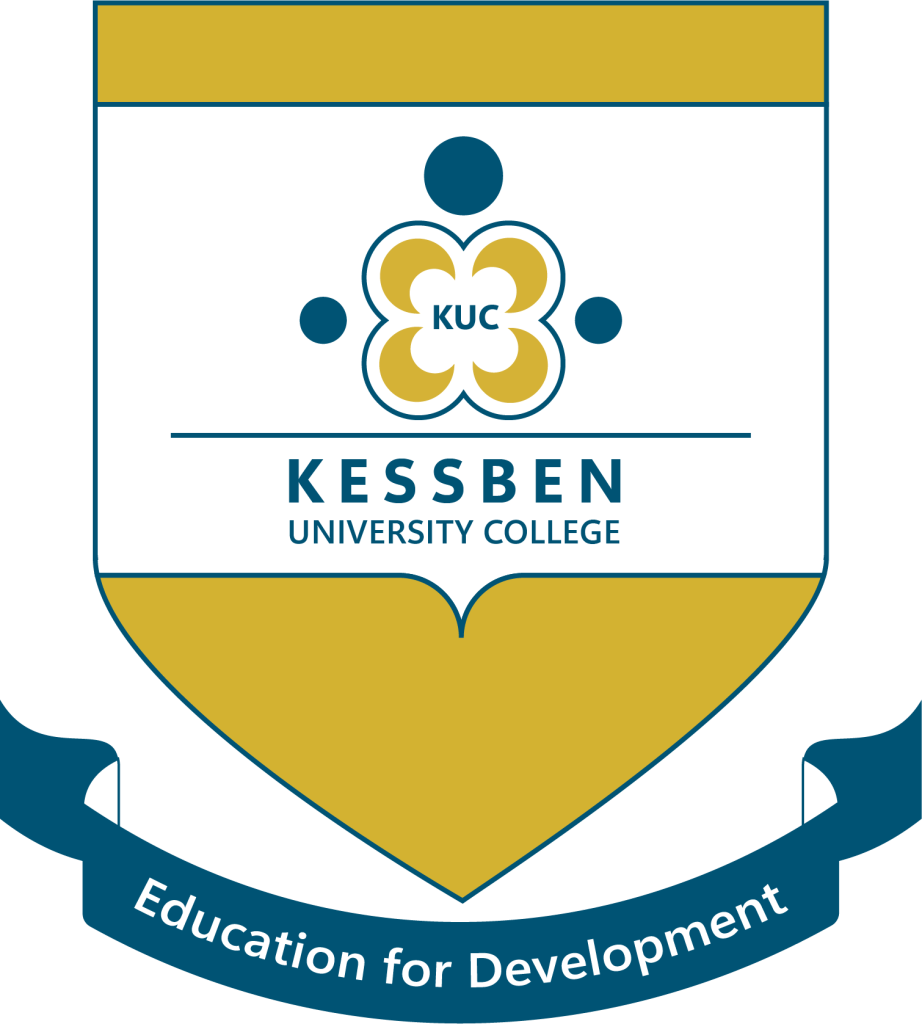School of Health and Allied Sciences
The School of Health and Allied Sciences (SOHAS) is introduced aims at meeting the rapidly changing and expanding healthcare needs which require competent and adept healthcare professionals
Academic Programmes
Currently, the School of Health and Allied Sciences runs the following academic programmes:
B. Sc. Nursing
B. Sc. Midwifery.
Departments:
The following are two (2) Departments under the School of Health and Allied Health Sciences; namely,
- Department of Nursing:
Nursing is concurrently an art and a science, an applied profession that is founded on the concepts and principles of scientific knowledge derived from the physical, biological, chemical, behavioural and social sciences as well as the humanities, medicine and nursing itself. The value of nursing should be manifested in the promotion of health and health care for individuals, families and communities that enables people to live healthy productive lives. Nursing should aim at providing promotive, preventive, curative and rehabilitative health care to the population in both the rural and urban community settings and must be based on the values of caring and compassion. Nurses should be able to offer health care services to clients/patients with all the respect and dignity due without infringing on the rights and privacy of individuals or communities. Nurses should not only recognize the national health policies and goals, but should be actively involved in their implementation and achievement. The nurse, to be effective, must operate within a multidisciplinary team of health care professional.
The Kessben University College B.Sc. Nursing curriculum is based on the recognition that the bachelor’s degree is the minimum level of attainment for professional nurses and that an effective nursing programme requires a combination of the sciences and other related disciplines. The programme therefore makes provision for courses in the non-nursing disciplines, particularly in the first year while nursing or nursing-related courses fill the remaining three years. The focus in the undergraduate nursing programme is to help develop the critical thinking skills (instead of rote learning), competencies and standards of nurses to effectively and efficiently contribute to the attainment of the health and well-being of individuals, families and communities as enshrined in the national health policy. The programme emphasizes the development of practical skills so that students can apply theoretical knowledge towards solving clinical problems. The programme also seeks to inculcate in students moral and ethical standards.
- Department of Midwifery
The main goal of the programme is to train multipurpose (Polyvalent) midwife who will be able to meet the health needs of individuals, families and communities. The product of the programme will demonstrate competent skills in managing the divergent reproductive health needs of societies. The midwife will be a team player who will coordinate the activities of other professionals in the health team to provide quality maternal and child health services.
Specifically, the programme trains midwives who will be able to:
- Respect the rights and dignity of humanity in the provision of care;
- Manage the expectant woman and family during pregnancy, labour and puerperium;
- Provide sound family planning services;
- Identify obstetrical, gynaecological and or medical complications promptly and take appropriate action;
- Effectively provide preconceptional care and counselling to families;
- Provide parent craft lectures including birth preparedness and complication readiness planning within the context of family centred maternity care;
- Recognize the warning signs of abnormalities in the mother or infant prompt emergency obstetric care or referral;
- Assess and resuscitate the neonate at birth;
- Assess the needs of communities through community mobilization and participation in promoting changes in health care delivery;
- Adhere to the professional, ethical and midwifery code of conduct; and
- Promote research through evidence based midwifery practice.
The Department of Midwifery of the Kessben University College believes that:
- the environment has influence on the development of the individual; therefore, the health of the individual is indivisible from that of his/her community and those factors that influence his/her environment.
- Midwifery focuses on the healthcare and education of clients. This is to assist them in meeting the health needs of their household throughout life in order to maintain a healthy people and a healthy nation.
- for the midwife to play this important role in society, she must be equipped with the knowledge, skills and right attitude to give adequate care to individuals, families and communities within the country and beyond.
- the midwife has the ability to provide care on her own responsibility during preconceptional period, pregnancy, labour and puerperium. She also provides care and recognizes abnormalities for prompt referrals.
- there should be respect for the rights and dignity of clients and families during the obstetric cycle. This is because the self-esteem and worth of the client can influence the course of pregnancy, labour and puerperium.
- Midwifery profession should build on its own body of knowledge through higher level of education, research-based and reflective practice that will meet the health needs of contemporary times.
- Midwifery affords its professionals a unique opportunity to contribute to the development of the human being.
Nursing/Midwifery Skills and Simulation Laboratories
At the heart of everything our School of Health and Allied Sciences does is the patient. SOHAS gives its students the skills they need in an interactive and practical environment while developing important attributes such as care and compassion.
Kessben University College unremittingly invests so much in building Nursing/Midwifery Skills Labs that prepare for students’ clinical placements and help them practice scenarios they might find challenging and interesting while on work experience.
The on-campus labs simulate acute hospital and long-term care settings, with medical supplies and equipment similar to those used in real health care facilities. In addition, there is a room designed as an ICU which includes authentic emergency equipment, emergency cart and a defibrillator.
In our Skill Labs, students face situations and challenges that reflect life in a real hospital ward or operating theatre. Using the latest healthcare technology students learn how to increase safety and improve outcomes for patients.

